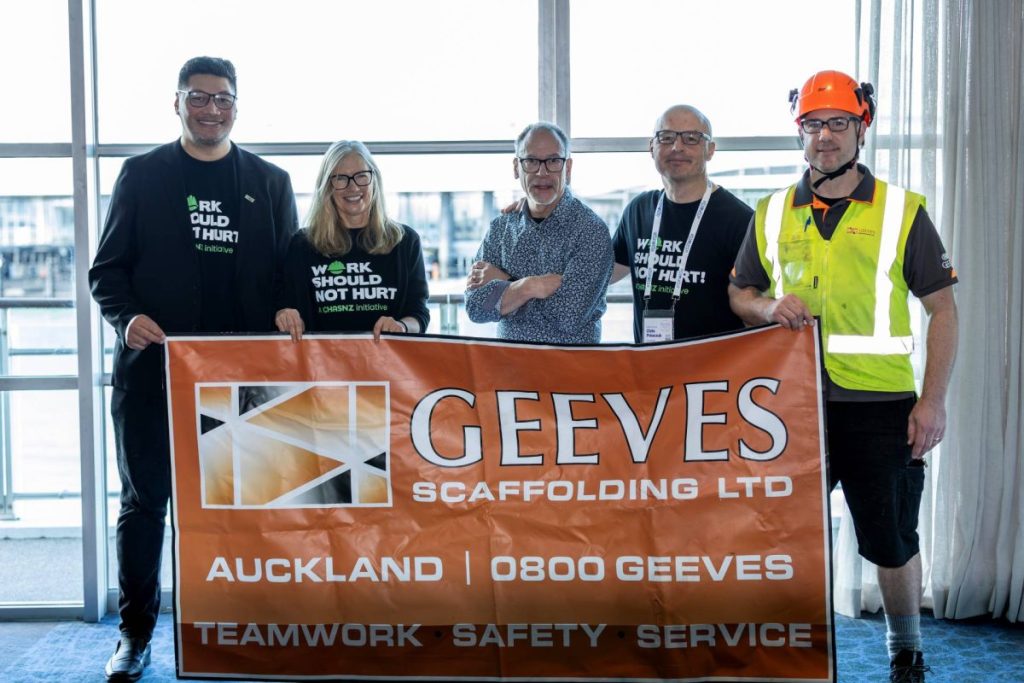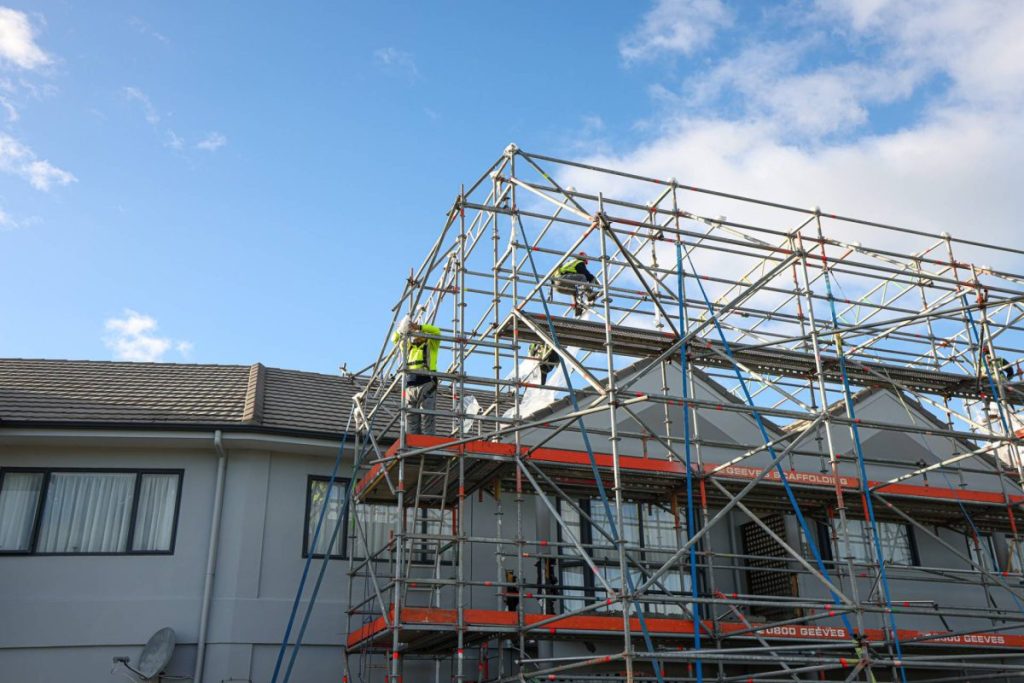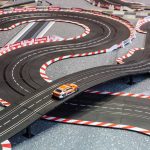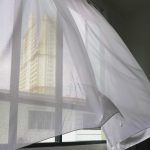Programme inspires pain-free careers

New Zealand’s tradespeople are being encouraged to put their long-term wellbeing at the forefront of their work through the Construction Health and Safety New Zealand (CHASNZ) ‘Work Should Not Hurt’ programme. The initiative, supported by ACC, aims to reduce the incidence of soft-tissue injuries across the construction industry and ensure workers can enjoy longer, pain-free careers.
NZS Group, the country’s largest provider of scaffolding, formwork, height access, and related infrastructure services, has embraced the programme across its 18 nationwide locations. At the Wellington branch, crews start their day with a dynamic warm-up, including squats and star-jumps, to prepare for the physical demands of scaffolding.
“It’s quite a sight first thing on a cool Wellington morning, a bunch of scaffolders getting into their squats and star-jumps,” says Regan McIntyre, Health and Safety and Shrink-wrap Manager at Geeves Wellington. “We’ve had some funny looks from people walking by, but the buy-in from the guys has been great because they can see the difference.”
McIntyre highlights the cultural shift in scaffolding over recent decades. “Back when I started scaffolding, the goal was to try and break you. That is not how we go about our business here at Geeves Wellington. You are told here right from the start to not throw equipment, lift to your capacity, warm up and always use correct lifting techniques.”
Geeves Wellington employs 45 scaffolders on various sites throughout the region and is part of NZS Group, which has a workforce of around 400 staff and operates a fleet of 180 vehicles. The company emphasises the top six hazards in scaffolding that can cause serious injury or death: falling objects, falls from height, scaffold collapse, hazardous substances, vehicles, and electricity.
However, McIntyre points out that most scaffold injuries are less catastrophic but still significant, including sprains and strains to shoulders, backs, and knees. “Doing daily warm-ups and following the advice from the ‘Work Should Not Hurt’ programme will mitigate these injuries,” he says. In 2023, ACC accepted more than 21,000 soft-tissue injury claims from construction across all trades, with CHASNZ estimating this led to over 560,000 days off work.
Chris Polaczuk and Dr Stephven Kolose lead the programme and has received international acclaim for its participative approach to ergonomics. “We’re constantly having conversations with tradies about how we can make practical, everyday changes to reduce the impact of the work on their bodies,” Polaczuk says. “We’ve identified that we’ve got a point of difference. We’re going to be sharing a lot with our partners overseas, and it’s great to see it making an impact.”
McIntyre, who has been at Geeves Wellington for eight years, is also a CHASNZ ambassador. He underscores the importance of injury prevention in a high-risk industry. “It is important to me because scaffolding is a high-risk industry, and you need to always be on top of your game to prevent injury or harm to yourself or others. I want our crews to have the tools and techniques to get home pain-free and be able to have a long and lasting scaffold career.”
Geeves recently hosted a toolbox session led by Polaczuk, focusing on protecting the knees. McIntyre says these sessions challenge scaffolders to rethink their work techniques. “Chris’ toolboxes are always informative for the guys and challenge them to look at the way they work and adopt better work strategies or techniques.”
He also shares from personal experience the physical toll of scaffolding. “The worst injury I have suffered since working at Geeves was missing a deck on a rigging platform and hitting my knee while installing film. The pain was instant, and I had to sit down on the deck. The injury restricted my movements for almost four weeks at home, along with work. I was still able to continue to add value within my crew by altering my work duties.”

A roofer’s perspective
The programme is gaining traction beyond scaffolding. Levin roofer Ben Clisby, who has worked in roofing for 26 years and is nationally certified, is also a CHASNZ ambassador. Over his career, Clisby has endured multiple injuries, including neck dysplasia and arthritis.
“It is massive. I don’t think I would go and do a roof without feeling something sore. It’s not just my back; it’s my neck. Damage to the sciatic nerve is a really hard one to get rid of,” he says. Recently, he had to decline a challenging roof replacement because of his physical limitations.
Clisby points out the cumulative toll of years in the trade. “I failed in my early days. I just put up with the pain. I just got up and did the job and put production over everything, and I am still paying for it. If you lose a man for a week with a sore back, you’ve lost a lot of productivity right there, so it’s important that your work is sustainable.”
He has incorporated CHASNZ principles across his business. “I take tables and buckets to every site we go to. I bring everything off the ground. I am forever telling my team to be critical with the gear you need – only carry what you need.”
Clisby emphasises the importance of educating younger workers about ergonomics and injury prevention. “You need to know the ergonomics and how your trade is affecting your body. Build those habits when you are young because when you are 18, you think you are bulletproof. But it all catches up with you. Get your work off the ground as much as you can. Invest in some good gear and talk with your team every day about how they are doing and if they are in pain. We need to change the culture in New Zealand around pain in the trades.”
Promoting long careers in construction
The CHASNZ programme is designed to help tradespeople enjoy longer, safer, and healthier careers. By combining daily warm-ups, education on ergonomics, and practical strategies for injury prevention, it aims to reduce the high rates of musculoskeletal injuries that have long plagued the industry.
McIntyre says the ultimate goal is simple: “The more we can talk about injury prevention and the wellbeing of our teams, the better equipped our teams are for working out on sites. The Work Should Not Hurt programme is all about bringing awareness to others, ensuring we all get home and to our weekends pain-free.”





